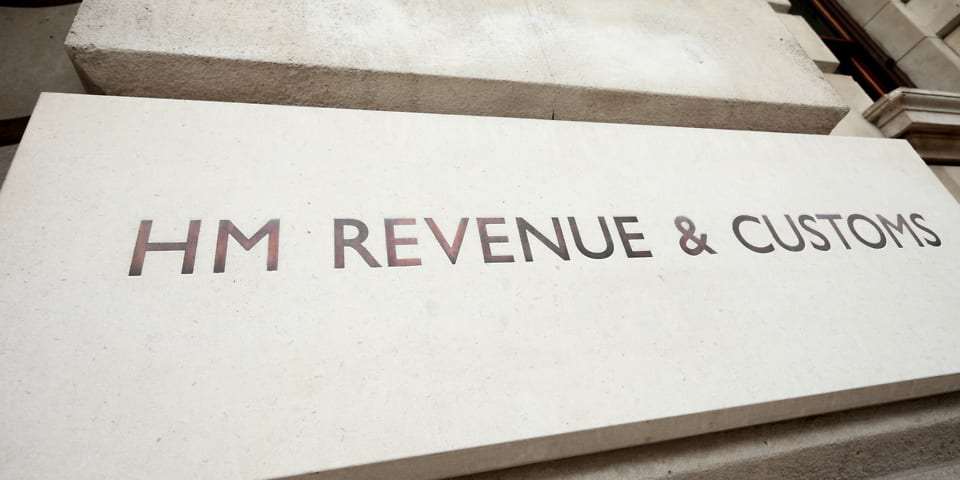
Although the UK has one of the highest rates of tax compliance, there are still those who are finding new methods to withhold tax from HMRC. As a result, following the Budget 2020, HMRC have published a range of guidance on how they plan to tackle mass-marketed tax avoidance over the coming year.
However, a lot of time and revenue is being spent chasing those who operate systems that HMRC simply ‘don’t like’ rather than those truly promoting mass tax avoidance schemes.
It is imperative that you understand your tax obligations and promote compliance not only within your own business, but those of your supply chain. Carrying out robust due diligence on your supply chain will protect you should HMRC find that fraud has taken place within the chain.
For advice on tax obligations and due diligence, call us on 0121 445 6178 today to speak to an advisor, or email enquire@aspirepartnership.co.uk.
So what steps are HMRC taking to tackle tax avoidance?
- HMRC will step up its work with partner bodies to make sure that all government and regulatory powers are used to tackle promoters. This will include working with the Insolvency Service and Advertising Standards Authority.
- HMRC is setting up a team to contact taxpayers early, where they have potentially entered into an avoidance scheme, highlighting the risks and providing advice on how to leave the scheme.
- In 2020 to 2021, HMRC will run an awareness campaign targeting certain sectors of the economy where promoters are particularly active, for example, the IT, medical and oil and gas industries.
- HMRC will continue to pursue the 20 to 30 active promoters currently operating in the market by coordinating intensive investigative efforts on the tax affairs of the individuals and their business entities.
- The government is exploring the roles and responsibilities of each part of the chain with a view to helping taxpayers stay compliant. This could include requiring other entities in the chain to bear some of the burden of non-compliance, particularly where they do not comply with their own responsibilities.
- HMRC will work with the Employment Agency Standards Inspectorate to explore opportunities to educate agency workers about the risks of tax avoidance.
- HMRC will identify, monitor and track new avoidance schemes and the promoters behind those schemes using Real Time Information (RTI) from employers and other intelligence gained from researching the avoidance market.
View the full guidance here.
See other news
Budget 2020: Notification of “uncertain tax treatment” by large businesses as of April 2021
